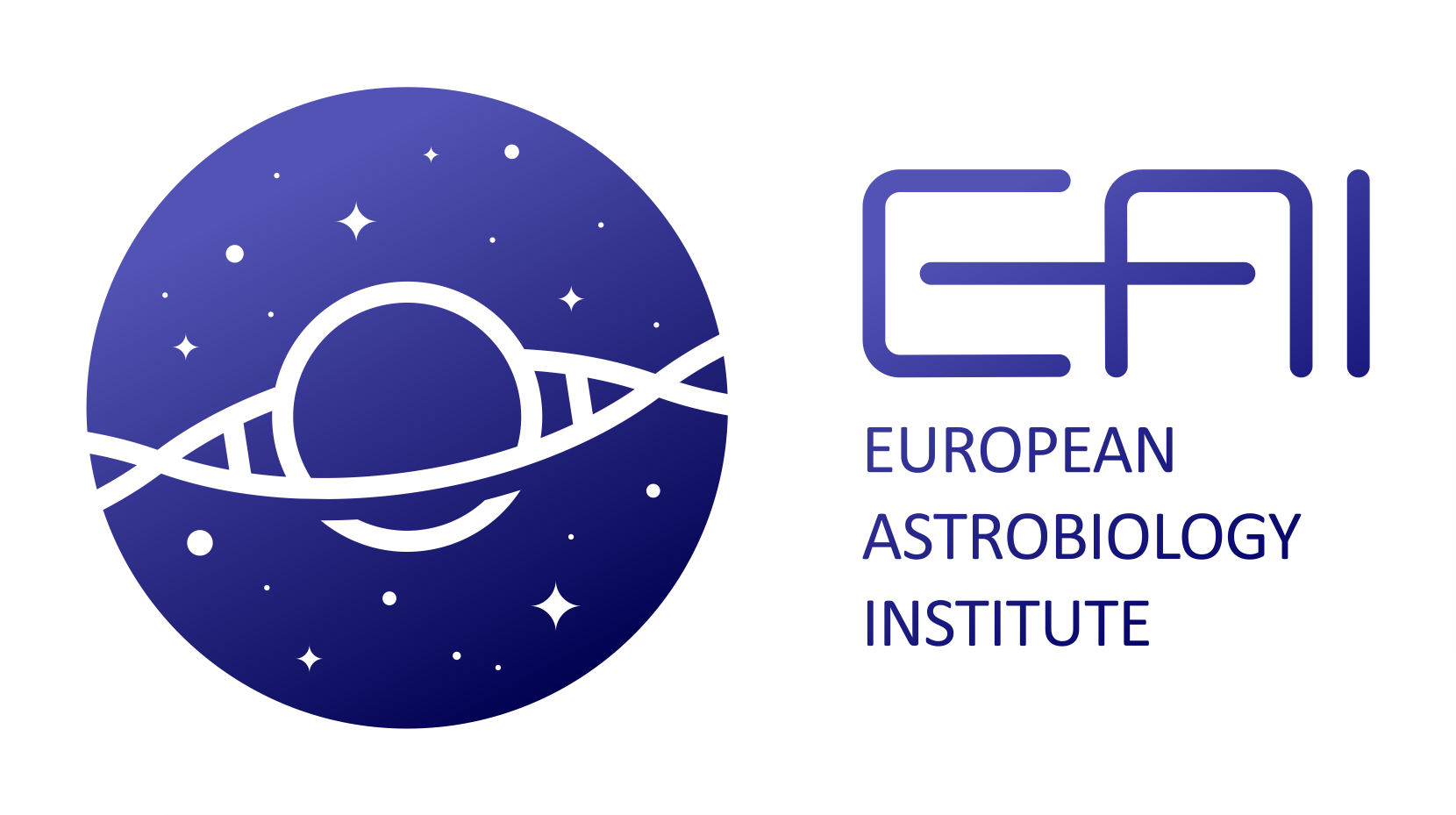LIVE SEMINAR: 18 June 16:00 CEST
Ice covered ocean worlds such as Enceladus and Europa represent some of the most promising locations for the search for life within our Solar System. Microorganisms could have formed and developed at the warm seafloor, with the potential for parts to migrate to the icy surface through mechanisms such as plumes or cryovolcanism.
However, the surfaces of these ocean worlds are subjected to radiation, including solar photons and energetic charged particles, particularly in the case of Europa. Thus, a question arises: can these microorganisms or associated potential chemical biomarkers survive and be detected by a future landed mission?
In this seminar, I will present laboratory experiments designed to simulate the harsh conditions found on icy moon surfaces and evaluate the viability and fate of bacterial spores as proxies for life on ocean worlds. Additionally, I will discuss modeling efforts specific to Enceladus, aimed at estimating the preservation of organics and microorganisms at various surface locations on the icy surface.
